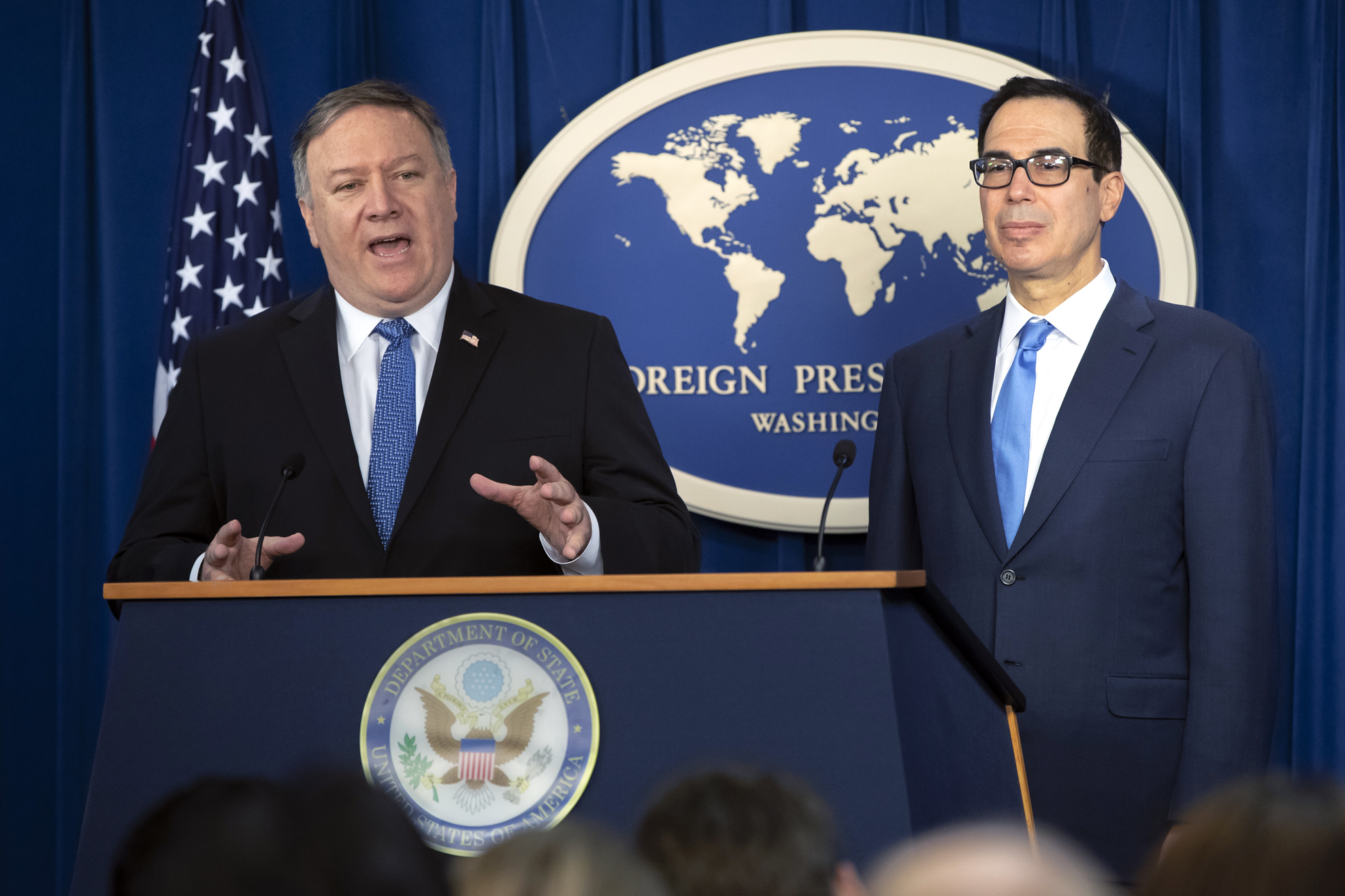Energy
Jan 25, 2019
Saudi-Indian Economic Partnership Charting New Course
The economic relationship between Saudi Arabia and India should be a fruitful one. However, domestic policy decisions and geopolitical tensions pose new – but ultimately surmountable – obstacles.
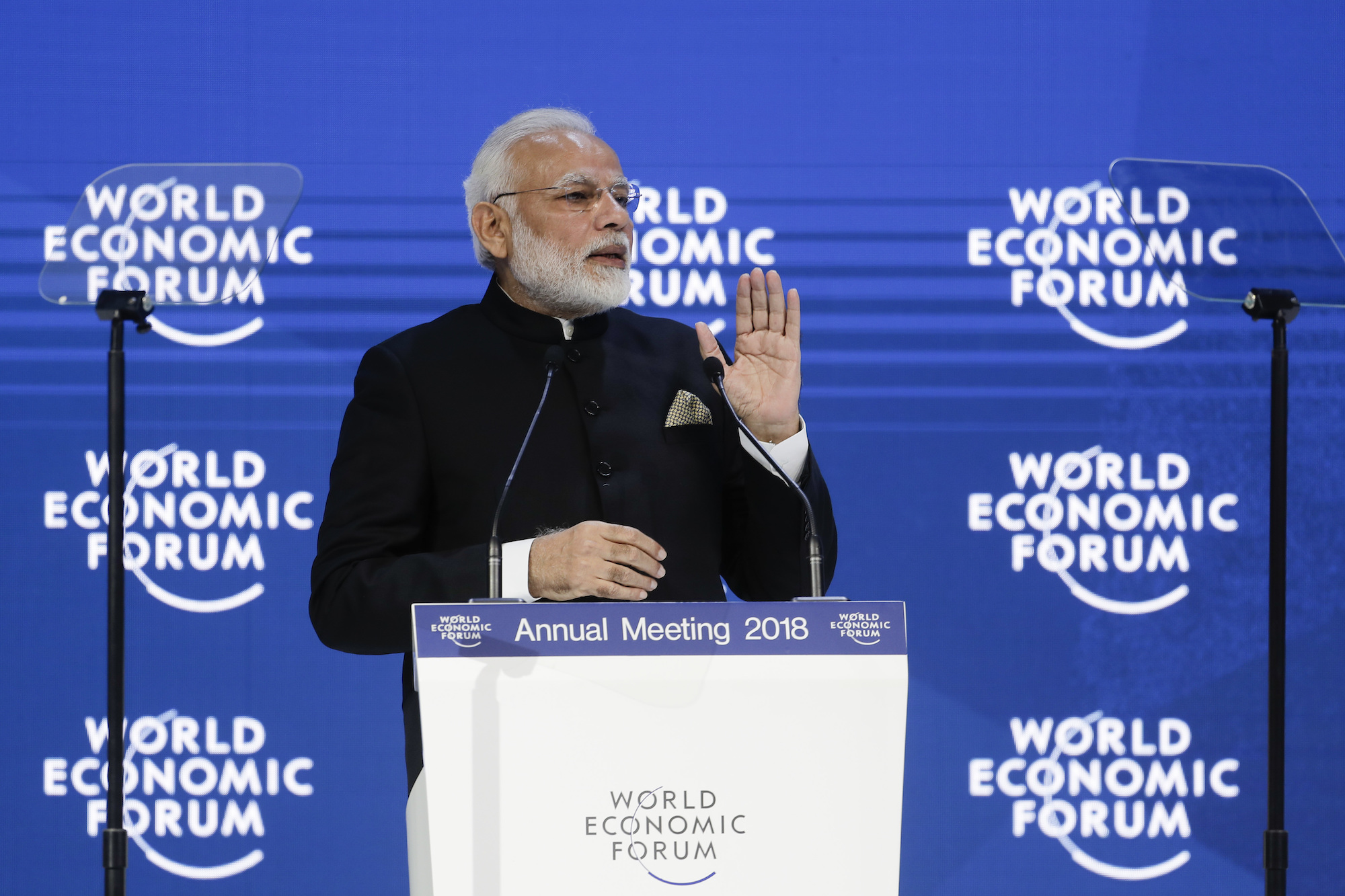
Jan 15, 2019
OPEC and Non-OPEC Oil Producers Try to Narrow the Price Gap
OPEC and its non-OPEC allies are working to drain excess supply and balance oil markets, but much depends on whether the expanded oil producers’ club remains committed to production cuts.
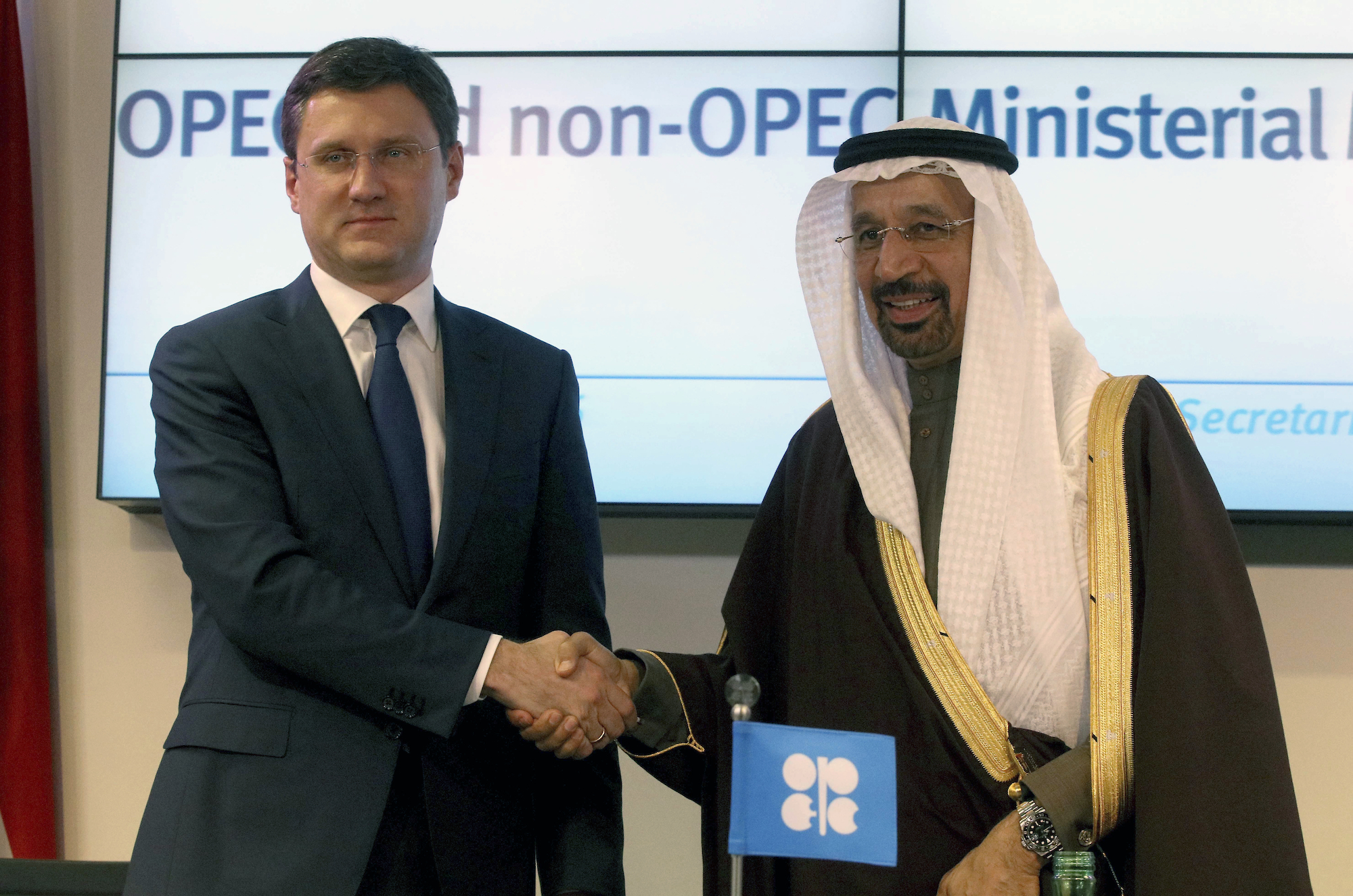
Dec 19, 2018
Petro Diplomacy: Back to the Future – Oil and Gas at the Center of New Growth in the GCC
On October 18, 2018, the Arab Gulf States Institute in Washington convened its fourth annual Petro Diplomacy conference, “Back to the Future – Oil and Gas at the Center of New Growth in the GCC States.”

Dec 13, 2018
Oil Producers Hammer Out Compromise Deal in Vienna; Extent of Cuts Unclear
Looking to boost oil prices, OPEC and its non-OPEC allies have agreed to curtail oil production by 1.2 million barrels per day, but the volume of barrels taken off the market may prove to be much higher.
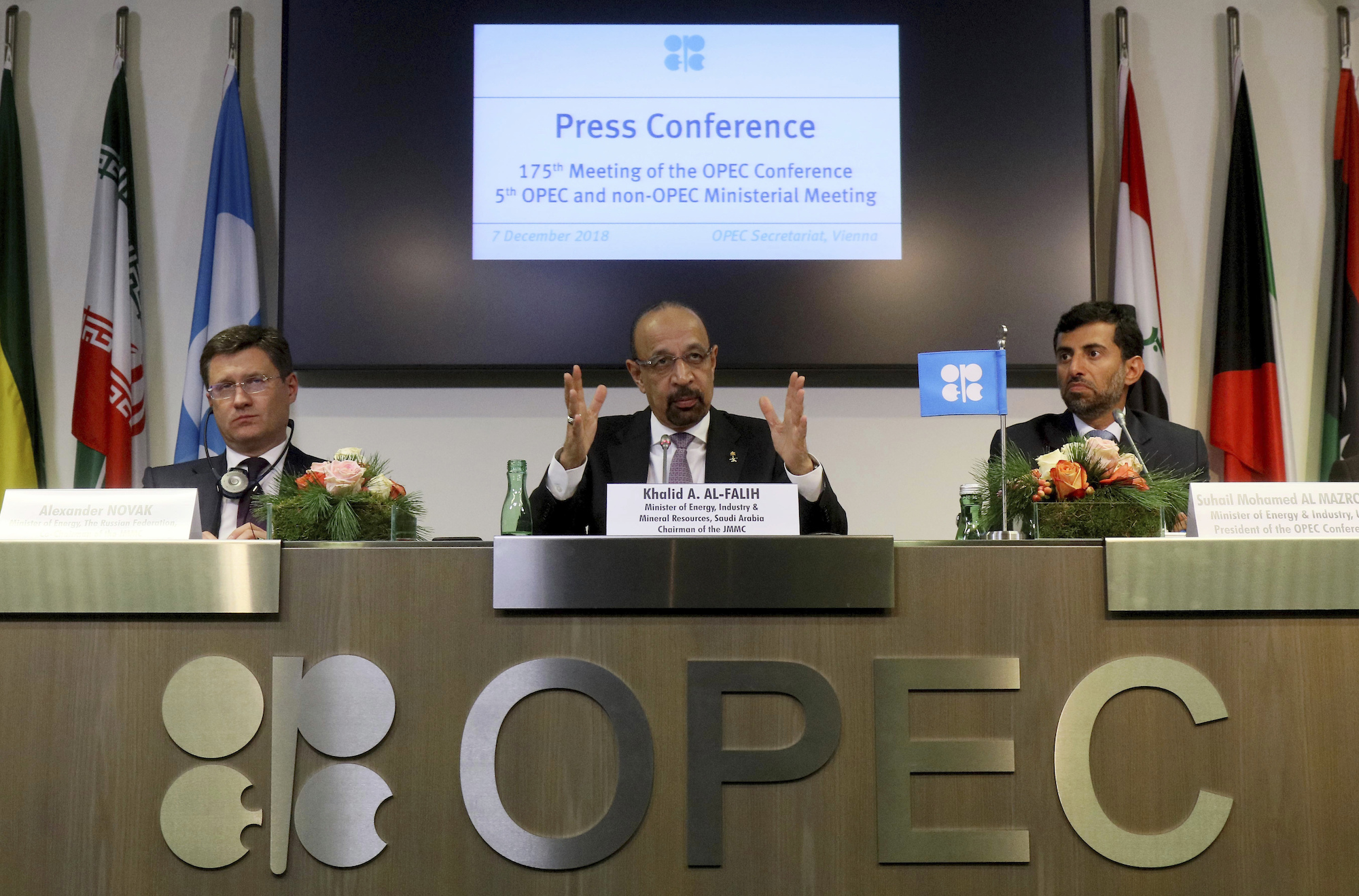
Dec 13, 2018
Qatar Shuffles Back to the Future
Qatar’s recent Cabinet reshuffle and announcement it will withdraw from OPEC are decisions that are not likely to herald a strategic shift in the country’s direction, but they do demonstrate that Doha is, once again, pursuing its own regional interests.
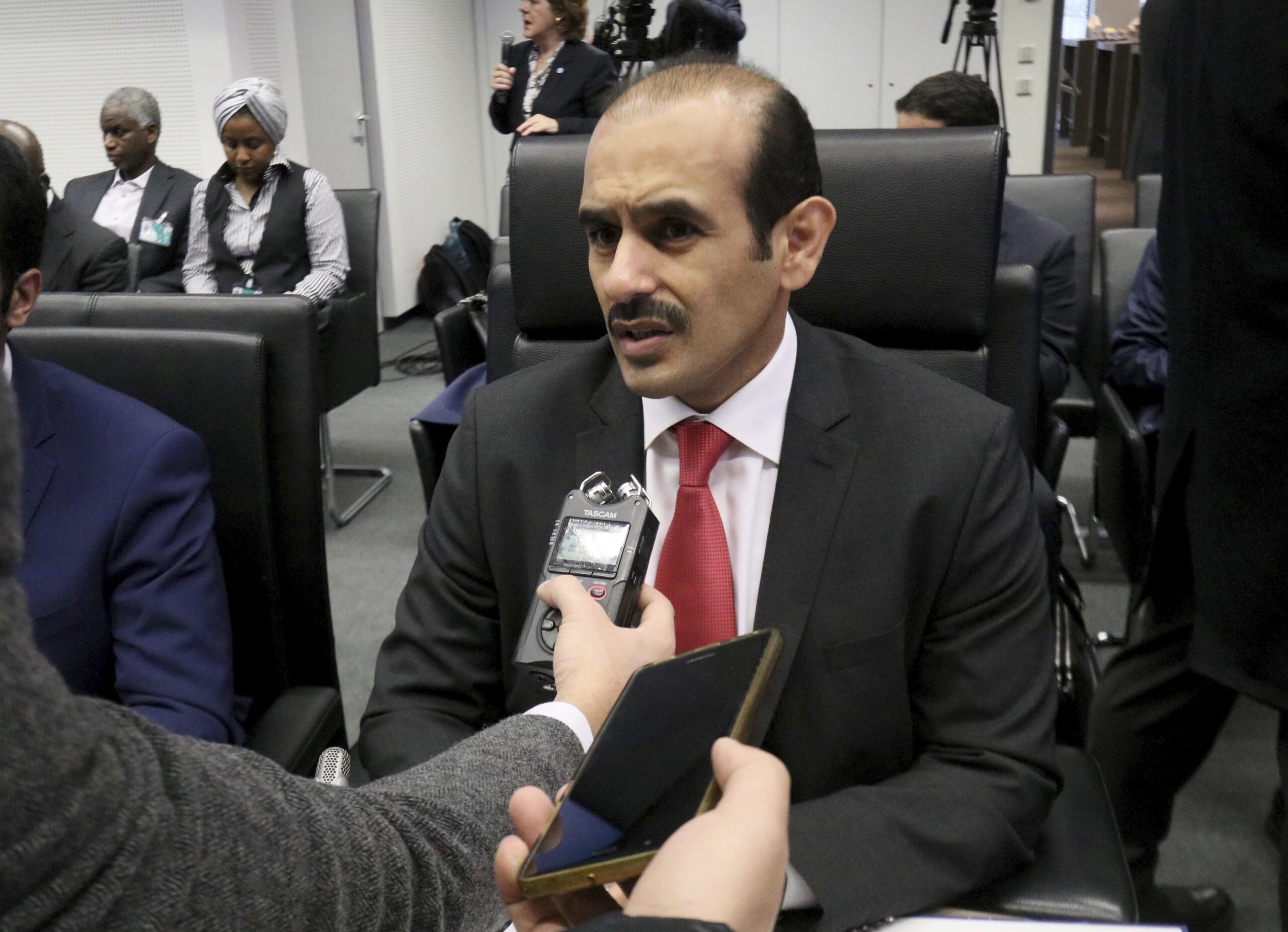
Nov 30, 2018
OPEC and Allies Mull Oil Production Cut while Trump Presses to Keep Prices Low
Ahead of their December 6 meeting in Vienna, OPEC and its non-OPEC allies are considering whether and to what extent they need to curb production to balance an oversupplied market and lift oil prices. But Trump’s pressure to keep oil prices low will make their job that much harder.
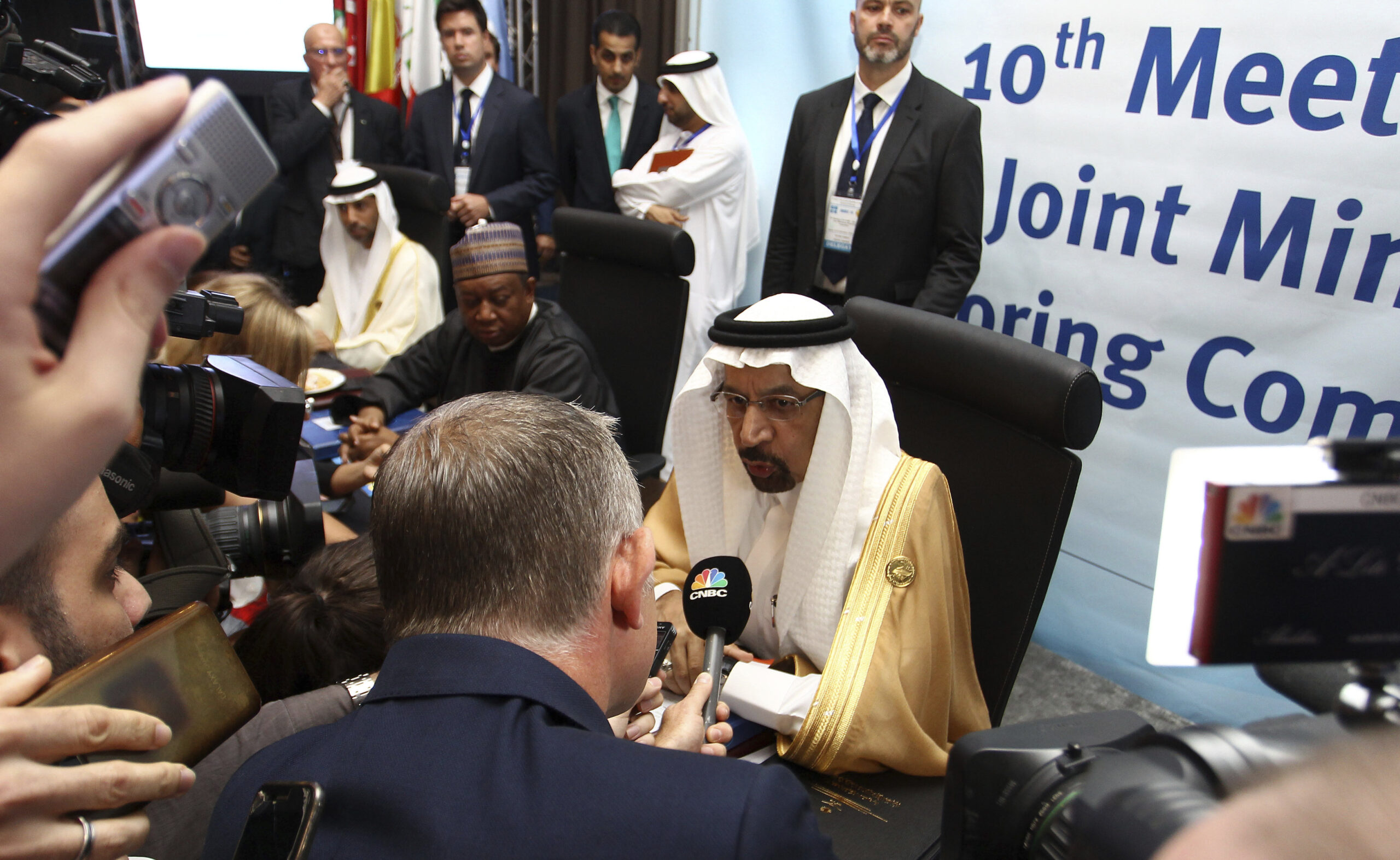
Nov 19, 2018
Can Iraq’s New Oil Minister Reshape the Energy Sector?
Iraq’s new oil minister, Thamir Ghadhban, has managed to maneuver his way around the maze of Iraq’s sectarian politics; now, he will have to oversee a restructuring of the energy sector without upsetting the vested interests that have benefited from the absence of good governance across the Iraqi political spectrum.
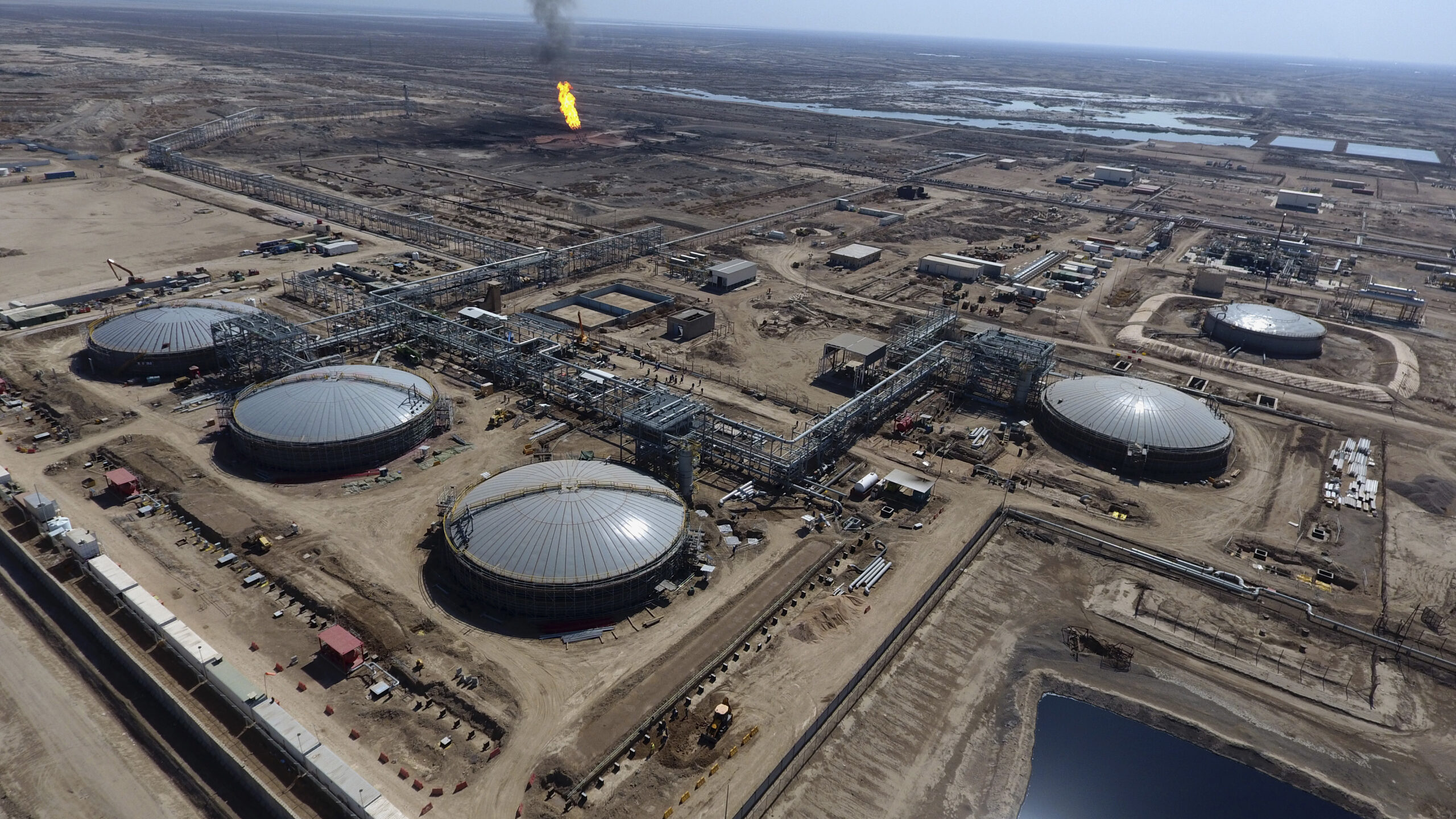
Nov 5, 2018
U.S. Sanctions Against Iran No Longer a Zero-Sum Game
While a new round of U.S. sanctions targeting Iran’s energy sector is more restrictive than previous sanctions, it is clear Washington is wary of administering a shock to oil markets.
